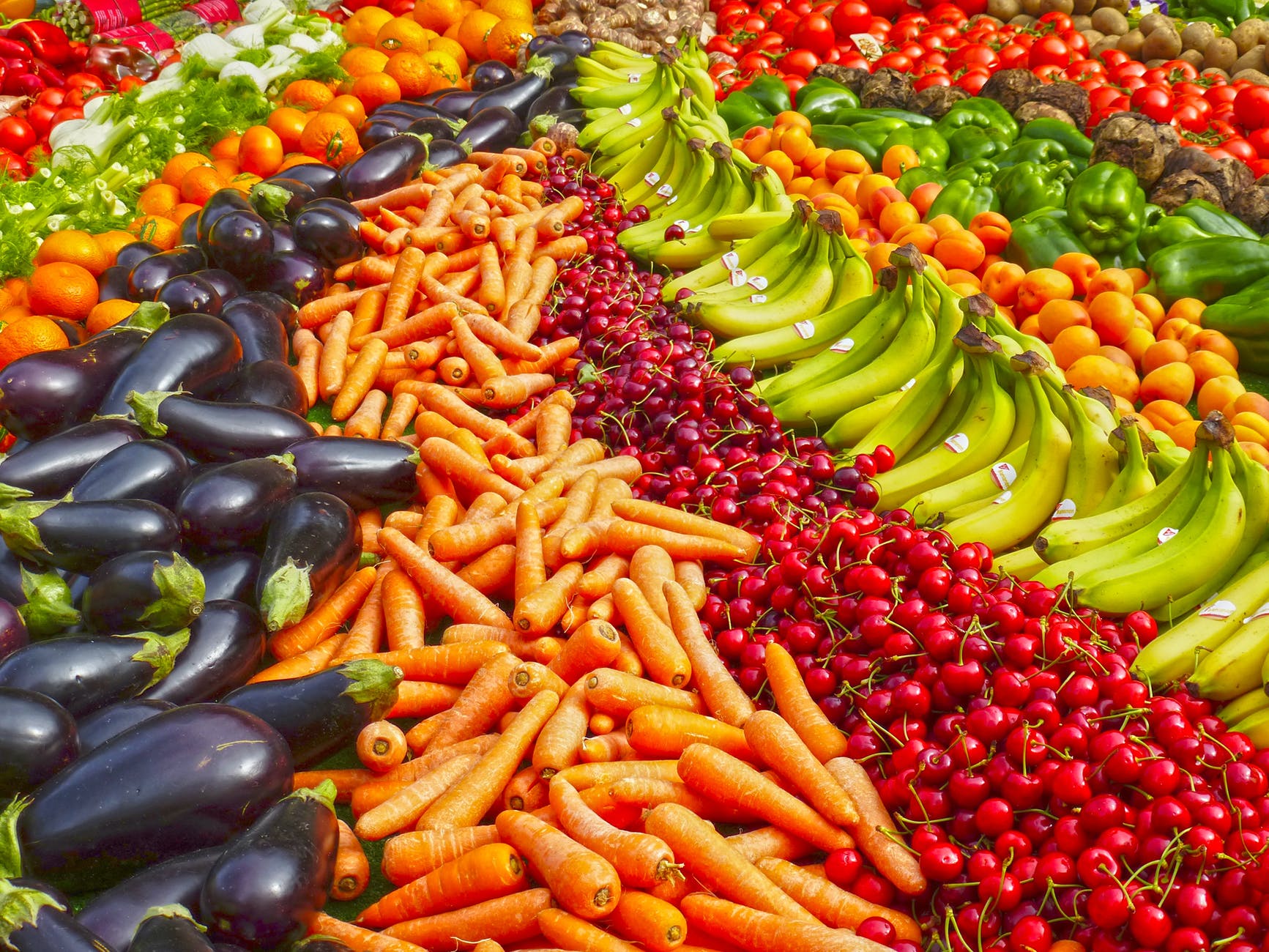
You’ve no doubt heard the quotation from Hippocrates, “food is medicine”.
Yes, food is medicine, but it’s also information. The concept of “food is information” comes from the famous professor of biochemistry, Dr Jeffrey Bland, who is considered by many to be the father of Functional Medicine. It’s this information and the positive influences it can have on your immune system that I want to explore and share with you today.
Put very simply, food sends information signals to your genes. Your cells are continually interacting with the food molecules that come into your body. Certain foods cause a beneficial effect, some are neutral, while others are negative.
So why do you care? I assume because you want a healthy immune system right now. You want to know what you can do to create more resilience in your immune system.
To that end, I want to introduce you to the information passed onto your genes from phytochemicals. “Phyto” means “plant”, so “phytochemicals” means, “plant chemicals”. Some people call them phytonutrients, just to emphasise their importance. Plants make these chemicals to protect themselves from infection and damage. You could liken them to natural pesticides.
By consuming phytochemicals in our diet, science has shown they have beneficial effects on our health. They act as antioxidants, influence our immune cells and are anti-inflammatory. For example, the phytochemical in black pepper, Peperine, increases white blood cell count and antibody production. Curcumin in turmeric is anti-inflammatory. Allicin is the phytochemical in garlic that gives it its characteristic odour, and antifungal, antibacterial and antiviral properties. Lycopene is the phytochemical in tomatoes (which by the way, is enhanced by cooking the tomatoes) that gives them their red colour, is particularly important for immune health. Research suggests that the phytochemicals in green vegetables ensure that white blood cells in the gut’s intestinal lining work properly. So please enjoy your rocket, asparagus, broccoli, Brussels sprouts, kale, Pak Choi, romaine lettuce, spinach, swiss chard and watercress.
Just be aware that there are many different phytochemical groups and many different chemical compounds within those groups, which can make this whole topic quite confusing. Here are some phytochemical groups that are known to benefit the immune system specifically:
- Curcumin – Turmeric root and powder
- Catechins – Green tea, black tea, Oolong tea, berries, cocoa
- Carotenoids – Sweet potato, bell pepper, carrots, tomatoes, green leafy vegetables
- Quercetin – Onions, apples, berries, broccoli, citrus,
- Resveratrol – Grapes, berries, nuts, peanuts
Phytochemicals give plants their deep colours, so as a general rule of thumb, choose the ones with the deepest colour, like blueberries, cranberries, beetroot, sweet potato and ripe tomatoes. Choose every colour of the rainbow, purple, red, orange, yellow, green, tan and white and put two, three or more foods of each colour in your shopping trolley. When you consume these foods you’ll be feeding your beneficial gut bacteria with lots of natural fibre and in turn, those bacteria help you extract the phytochemicals from the foods. Nature is so clever!
You’ll be pleased to hear that phytochemicals are anti-ageing too. A 2013 study published in the Journal of Nutrition found a link between high polyphenol (a phytochemical group) consumption and a 30 per cent decrease in mortality in elderly adults.
You’re no doubt thinking, that’s great, but how do I make this work for me? Well firstly you choose the rainbow of coloured fruits and vegetables when you go shopping; secondly, you can have my immune-supporting recipe book here and thirdly, if you want personalised menu plans and recipes please contact me at dawn@newdawnhealth.co.uk
To your best health.
References
Brindha, P., 2016. Role of phytochemicals as immunomodulatory agents: A review. International Journal of Green Pharmacy (IJGP), 10(1).
Ding, S., Jiang, H. and Fang, J., 2018. Regulation of immune function by polyphenols. Journal of immunology research, 2018.https://www.hindawi.com/journals/jir/2018/1264074/
Li, Y., Innocentin, S., Withers, D.R., Roberts, N.A., Gallagher, A.R., Grigorieva, E.F., Wilhelm, C. and Veldhoen, M., 2011. Exogenous stimuli maintain intraepithelial lymphocytes via aryl hydrocarbon receptor activation. Cell, 147(3), pp.629-640.
Ying Li, Silvia Innocentin, David R. Withers, Natalie A. Roberts, Alec R. Gallagher, Elena F.
Zamora-Ros, R., Rabassa, M., Cherubini, A., Urpí-Sardà, M., Bandinelli, S., Ferrucci, L. and Andres-Lacueva, C., 2013. High concentrations of a urinary biomarker of polyphenol intake are associated with decreased mortality in older adults. The Journal of nutrition, 143(9), pp.1445-1450.
